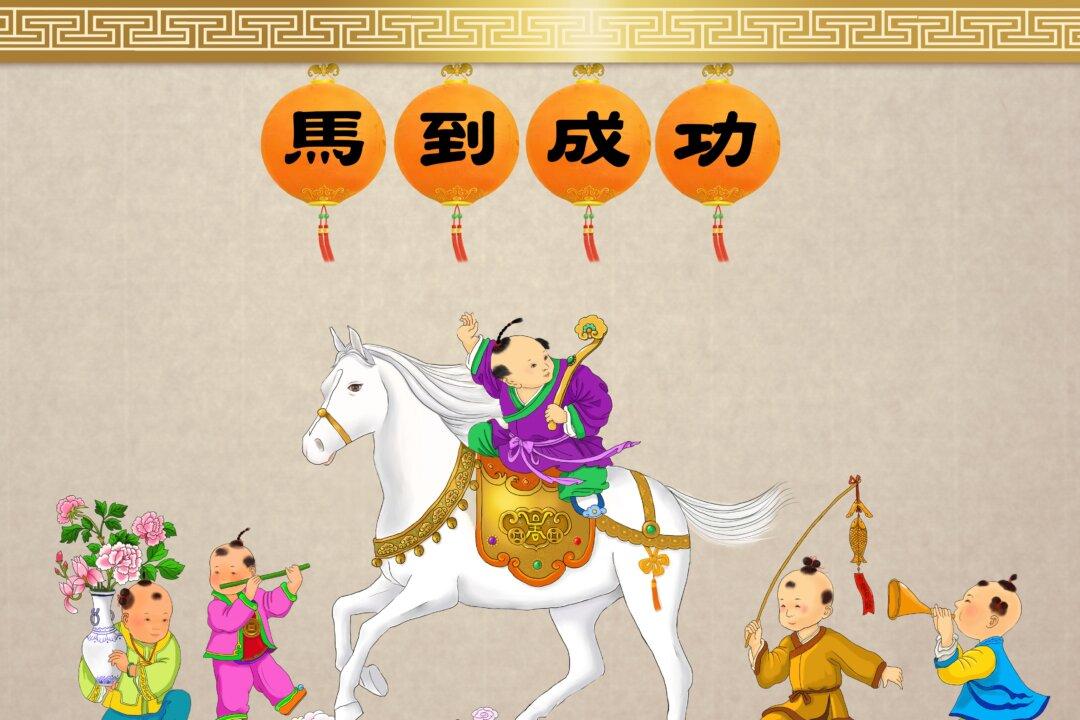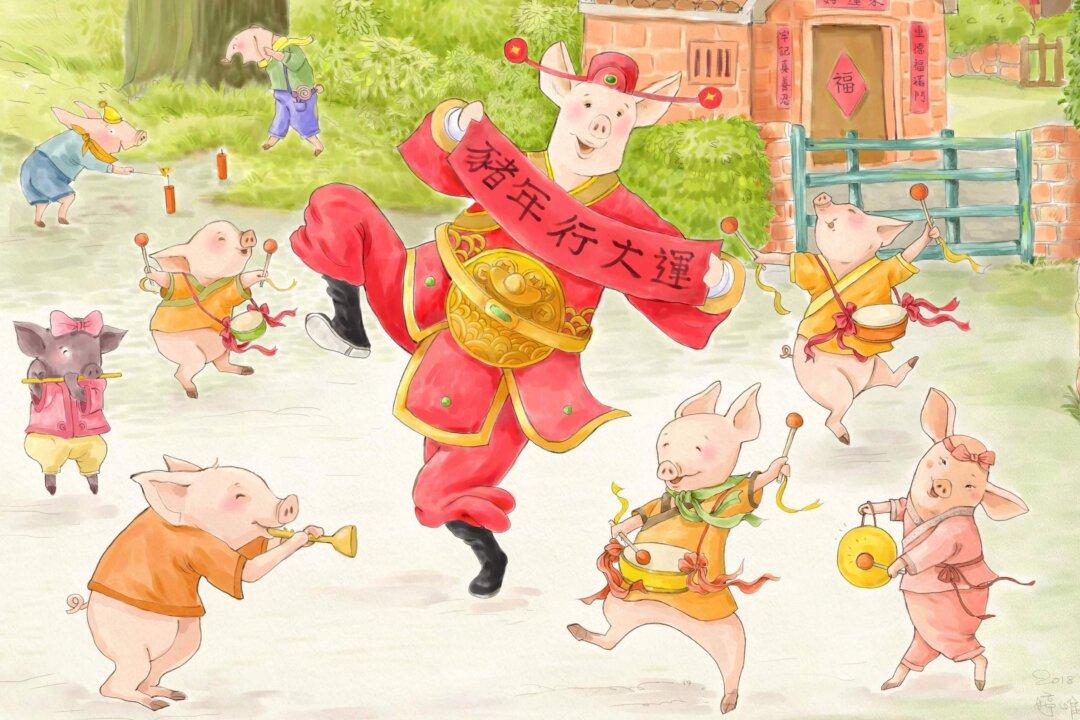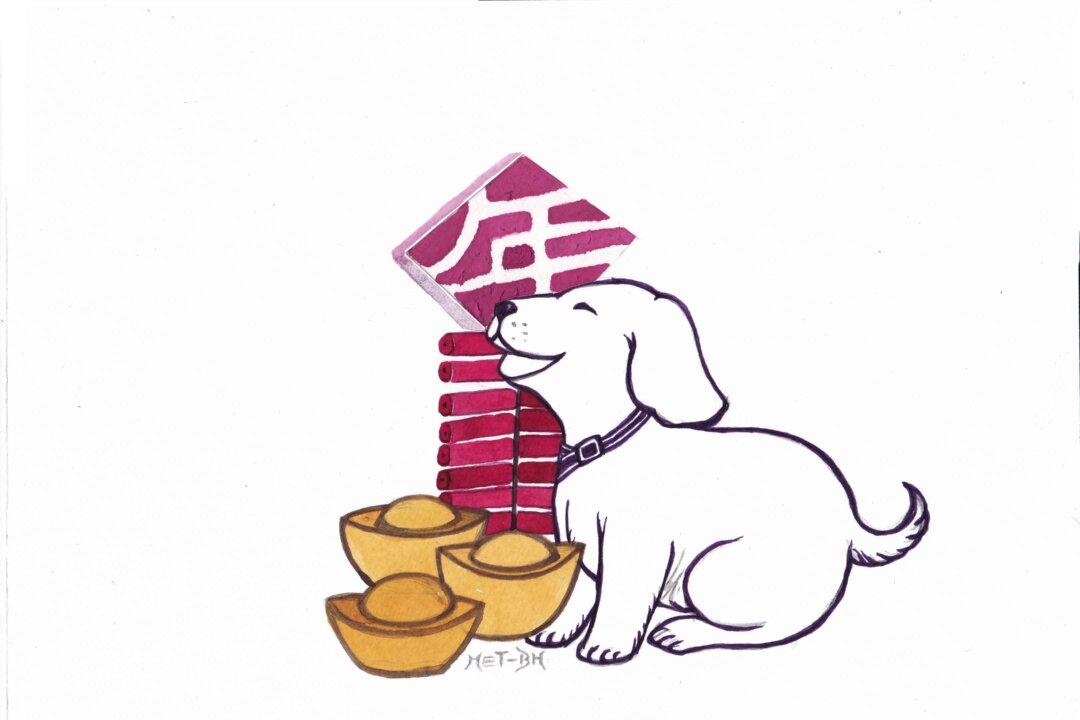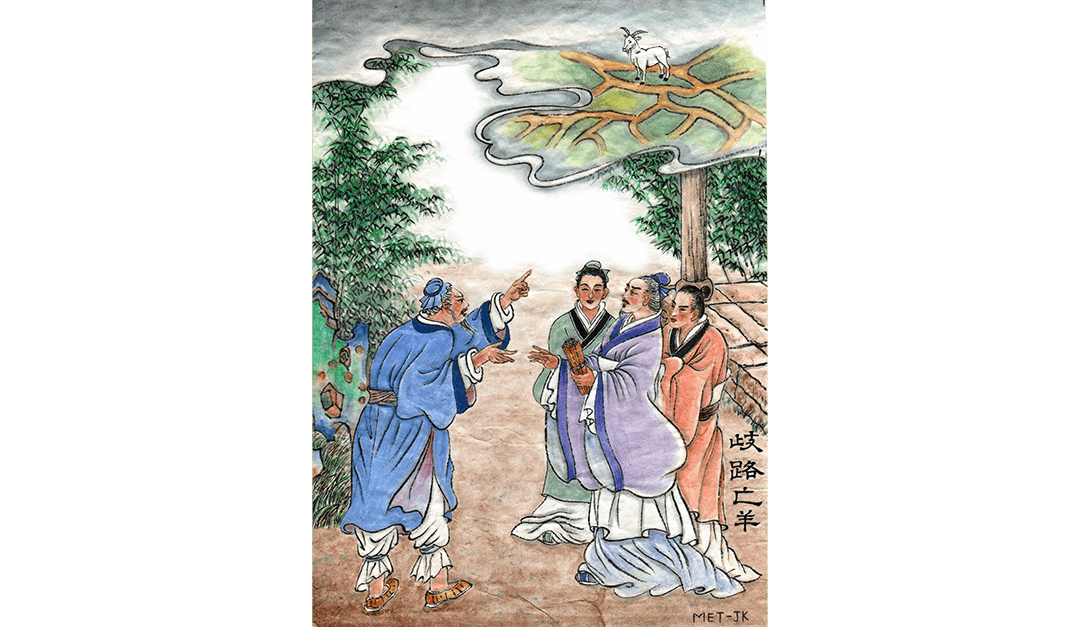The Chinese idiom 馬到成功 (Mǎ Dào Chéng Gōng), which literally means attaining success upon arriving on a horse, can be found in literary works of the Yuan Dynasty (A.D. 1279–1368). However, a related story can be traced back to the Qin Dynasty (221–206 B.C.).
Qin Shihuang (1) was the first emperor who conquered all the warring states in China and, in 221 B.C., established the Qin Dynasty.




